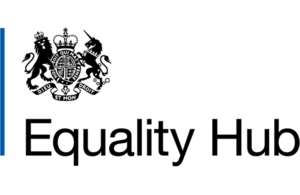Civil servants to lead the way in returning to offices
The Chancellor of the Duchy of Lancaster, Steve Barclay, has tasked departments across government with ensuring their offices can return quickly to full occupancy following the lifting of work from home restrictions in England.
The Civil Service will lead the way in a return to office working, with Ministers working with their Permanent Secretaries and departments to put in place measures to monitor office use and get people back to normal, pre-pandemic arrangements, with clear Ministerial expectations put in place.
The Chancellor of the Duchy of Lancaster said:
Now we are learning to live with COVID and have lifted Plan B measures, we need to move away from a reliance on video meetings and get back to the benefits of face-to-face, collaborative working.
I’m grateful to the Civil Service for managing the challenges of the last two years. It is important that we now see the maximum use of our office space being made from next week, as we build a strong recovery after the disruption of the pandemic.
The Civil Service has played a leading role in helping the country tackle the pandemic, with many front-line workers and office staff remaining in their places of work throughout the pandemic and many more working from home.
Following the removal of Plan B measures, it is however vital that more staff return to the office so they can once again benefit from collaborative working in their public service delivery – this is particularly important for the learning and development of new members of staff, who have joined the Civil Service during the pandemic.
The Minister’s call for government departments to enable a return to full capacity has been reiterated by the Cabinet Office’s Permanent Secretary and Chief Operating Officer of the Civil Service, Alex Chisholm, who has written to leaders across Whitehall asking them to support a significant and swift return of staff to the workplace.
The Chancellor of the Duchy of Lancaster will also raise the issue at Cabinet next week, where he is expected to urge Ministers to make sure their offices are working at full capacity at the earliest opportunity.
It is expected that Civil Servants and other office workers returning to the office will bring economic benefits for businesses across the country, with sandwich shops and the hospitality sector due to see a dramatic increase in footfall.
To allow the transition back to office working, measures have been put in place in government buildings to reassure staff. These include increased ventilation and improved cleaning routines. Department leaders will also ensure all safety guidance is followed at all times.
There is no government requirement or recommendation for employers to limit capacity in the workplace.


